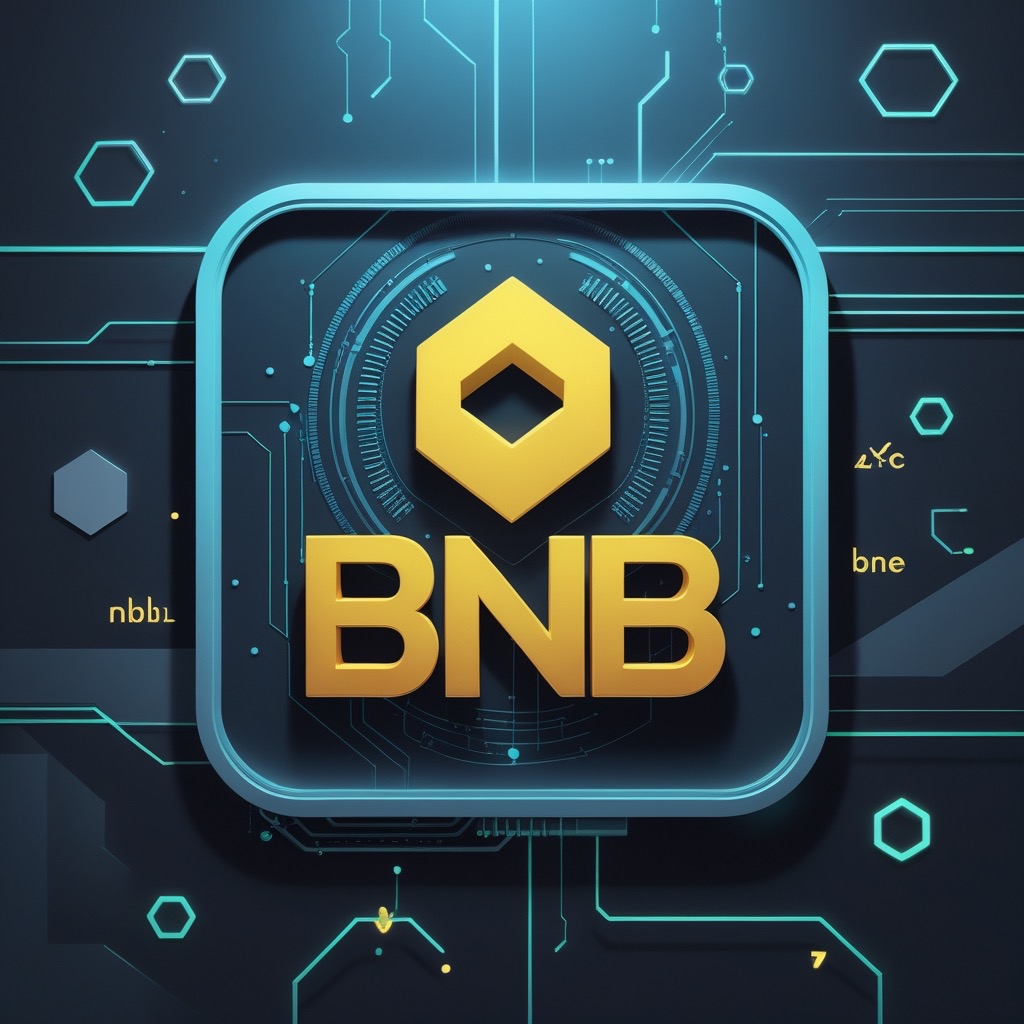Last week brought another wave of crypto news, reflecting both the technological advancements of blockchain platforms and the growing interest of state institutions in digital assets. While BNB Chain prepares to double its network speed, Texas is betting on Bitcoin as a pillar of financial sovereignty, and the SEC continues to review new ETF proposals — including one based on TRON. Let’s take a closer look at the key crypto updates of recent days.
Maxwell Hard Fork: BNB Chain to Double Network Speed
The BNB Chain development team has officially announced the upcoming Maxwell hard fork, scheduled for June 30. This update will be one of the most significant technical upgrades to the network in recent history.
The core feature of the hard fork is reducing the block generation time on BNB Smart Chain (BSC) from 1.5 to 0.75 seconds. This will significantly increase network throughput, speed up transactions, and reduce the load on users and developers of decentralized applications.
In addition to faster performance, the update will also bring improvements in blockchain stability and scalability. These changes make BNB Chain more competitive against emerging platforms offering high performance and EVM compatibility.
The Maxwell hard fork further confirms that BNB Chain is determined to maintain its leadership in the DeFi and Web3 space by providing a fast and reliable infrastructure for millions of users around the world.
Texas Creates Bitcoin Reserve: A Step Toward Crypto Sovereignty
While the U.S. federal government has yet to define a unified crypto policy, individual states are moving forward. This week, Texas Governor Greg Abbott supported a bill proposing the creation of a state-owned Bitcoin reserve. The bill had previously been approved by the state House of Representatives.
According to the bill, the initiative involves the establishment of a digital asset fund, with Bitcoin as its primary component, and asset management will be overseen by the Texas Treasury Department.
This move is seen as both a hedge against financial risks and a declaration of the state’s technological independence. Texas has long positioned itself as a crypto-friendly state, hosting some of the largest BTC mining data centers and maintaining a regulatory environment that supports industry growth.
The creation of a Bitcoin reserve may set a precedent for other states interested in diversifying budget assets and protecting against inflation.
TRON ETF by Canary Capital: SEC Begins Review
On the regulatory front, the U.S. Securities and Exchange Commission (SEC) has initiated the review process for a spot ETF based on the cryptocurrency TRON (TRX). The application was submitted by CBOE in partnership with investment firm Canary Capital.
The proposed product includes the option of TRX staking, offering potential returns for ETF holders. Bitgo, one of the most reputable crypto custodians, will act as the fund’s custodian.
The SEC has opened a public comment period, inviting stakeholders to express their views on the proposed rule changes.
It’s worth noting that Canary Capital has previously filed for spot ETFs based on Sui, Hedera, and Litecoin, suggesting a strategic push toward launching a broad lineup of altcoin-based ETFs.
SEC Postpones Decisions on Other ETFs Again
Alongside the TRON review, the SEC once again postponed decisions on May 22 regarding several other crypto ETFs:
– XRP ETF by Bitwise
– XRP and LTC ETFs by CoinShares
– BTC ETF by Fidelity with in-kind redemption
These delays align with the SEC’s usual tactic of extending the approval timeline for new crypto products. However, analysts note that the wave of spot ETF approvals earlier in 2024 may serve as a positive precedent, and new products could receive approval in the second half of the year.
Amid technical upgrades, rising institutional interest, and growing political momentum, the crypto industry continues to move forward. The acceleration of BNB Chain, Bitcoin entering Texas’s treasury, and potential TRON ETFs all reflect a single trend: digital assets are becoming deeply integrated into the traditional economy, and the process is now irreversible.
